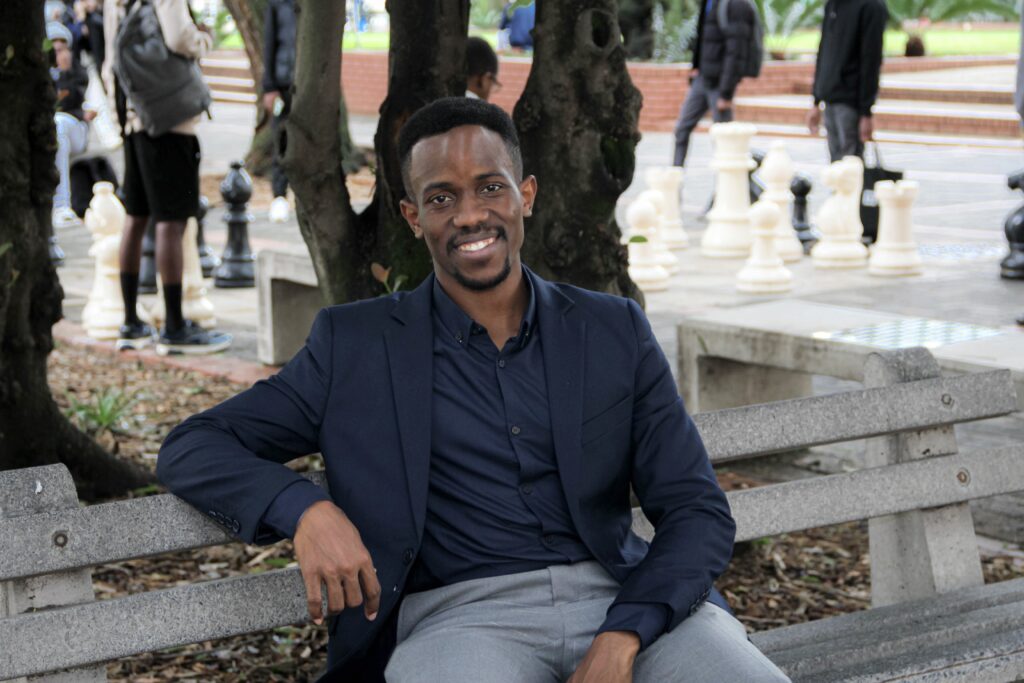
Meet Our New Wadsworth Fellows: Gwaha Madwatte

Originally from Adamawa State, Northeast Nigeria—a region deeply affected by poverty and insurgency—my journey into Medical Anthropology was shaped by my experiences as a Public Health Research Assistant in Yola, Northeast Nigeria. It was there that I witnessed firsthand the intricacies of caregiving in conflict regions with under-resourced health facilities, an experience that profoundly influenced my academic path.
During that time, I worked primarily as a quantitative researcher and quickly realized how numbers—while important—often fail to tell the full story. Yet, I came to understand that they dictate what happens in boardrooms which influences major health interventions. This realization led me to shift my approach towards qualitative research that captures lived experiences, humanizes numbers, and provides the social context necessary to deepen our understanding of health systems and caregiving. With a Bachelor of Science in Environment and Health from the American University of Nigeria, my research straddles Health Sciences and the Humanities and my interests include praxis of biomedical ethics, materialities of care, medical pluralism, and the ethics of care.
For my honors degree, which I completed in 2020 at the University of the Western Cape (UWC) with support from the Mandela Rhodes Foundation, I investigated the experiences of healthcare workers providing care during the COVID-19 pandemic. This research explored the intersection of capitalism, healthcare commercialization, and the state of health systems from an anthropological perspective. In 2022 I moved to the University of Pretoria (UP) to complete my master’s degree. My thesis examined how healthcare workers navigate structural challenges, such as poor management and shortages of staff, equipment, and medical supplies, to fulfill their duty of care. I argue that rather than seeing their improvised techniques as deviations from biomedical ethics, they perceived them as praxis. I was privileged to be sponsored by the MasterCard Foundation Scholars Program at UP. Continuing on at UP for my doctoral research, I aim to explore notions of relationality, interdependence, forms of autonomy, and the politics of care among people living with disabilities at a care home in Gauteng, South Africa.